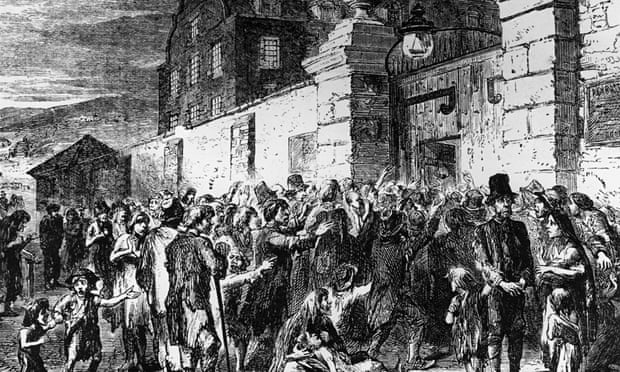Κάποτε η συντηρητική παράταξη είχε μεγάλους ηγέτες. Να θυμηθούμε ορισμένους: Αντενάουερ, Ντε Γκάσπερι, Ντεγκώλ, Θάτσερ, Αντρεότι.
Δείτε σήμερα ποιοι διοικούν τα συντηρητικά κόμματα. Ασπόνδυλοι, γκρίζοι, χαμηλού επιπέδου γραφειοκράτες, με λογική υπαλλήλου. Ορισμένοι φλερτάρουν με τη γελοιότητα, όπως ο επικεφαλής του Ευρωπαϊκού Λαϊκού Κόμματος στην Ευρωβουλή Μάνφρεντ Βέμπερ.
